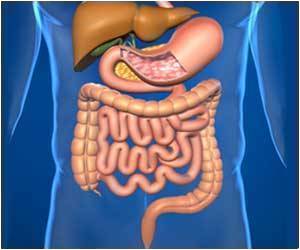.
Previous studies have found that women with disabilities have a higher risk of pregnancy complications such as preterm birth, hypertensive disorders of pregnancy, gestational diabetes, and cesarean delivery.
However, little was known about the risk women with disabilities have for these severe pregnancy complications.
“Additional research is needed to understand the reasons for this increased risk and to develop needed interventions to reduce it,” said lead author Jessica L. Gleason, Ph.D., of NIH’s Eunice Kennedy Shriver National Institute of Child Health and Human Development.
Disabilities included physical (affecting mobility, physical capacity or dexterity), sensory (affecting sight, hearing, taste, touch, and smell), or intellectual.
Compared to women without disabilities, women with disabilities had:
More than twice the risk for severe preeclampsia (a potentially life-threatening hypertensive disorder of pregnancy).
48% higher risk for mild preeclampsia.
25% higher risk for gestational diabetes.
52% higher risk for placenta previa (placenta covering all or part of the cervix).
16% higher risk for premature rupture of the membranes.
27% higher risk for hemorrhage.
11 times the risk for maternal death.
More than six times the risk for thromboembolism (blood clots in the lungs or veins in the legs).
Four times the risk for cardiovascular events (heart attacks and other disorders of the heart and blood vessels).
Nearly three times the risk for infection.
33% greater likelihood of receiving the drug oxytocin to stimulate labor; to have delivery with forceps, a vacuum, or other devices to extract the fetus; or to have a cesarean delivery.
Women with disabilities have a pregnancy rate roughly equivalent to those without disabilities but have a higher proportion of health risk factors than women without disabilities.
Women with disabilities are more likely to live in poverty, which may make accessing health care promptly difficult. Those with physical disabilities also may have difficulty accessing health care facilities.
Other factors that may increase their health risks are higher rates of smoking, substance use, and depression.
Source: Medindia



